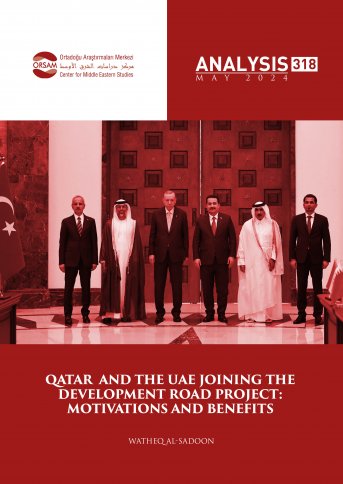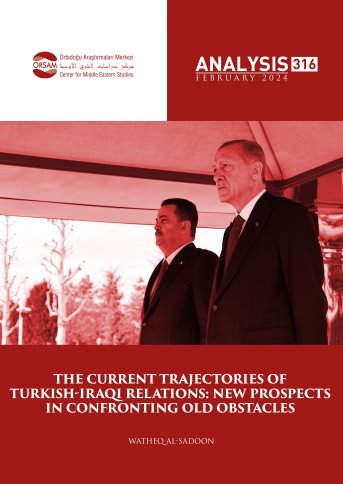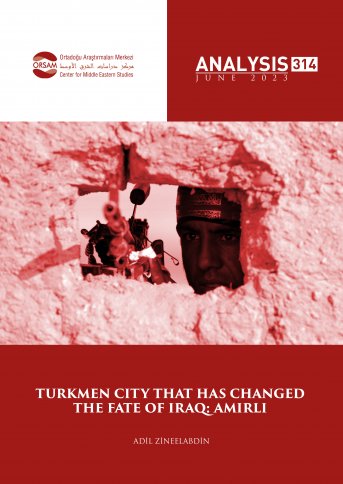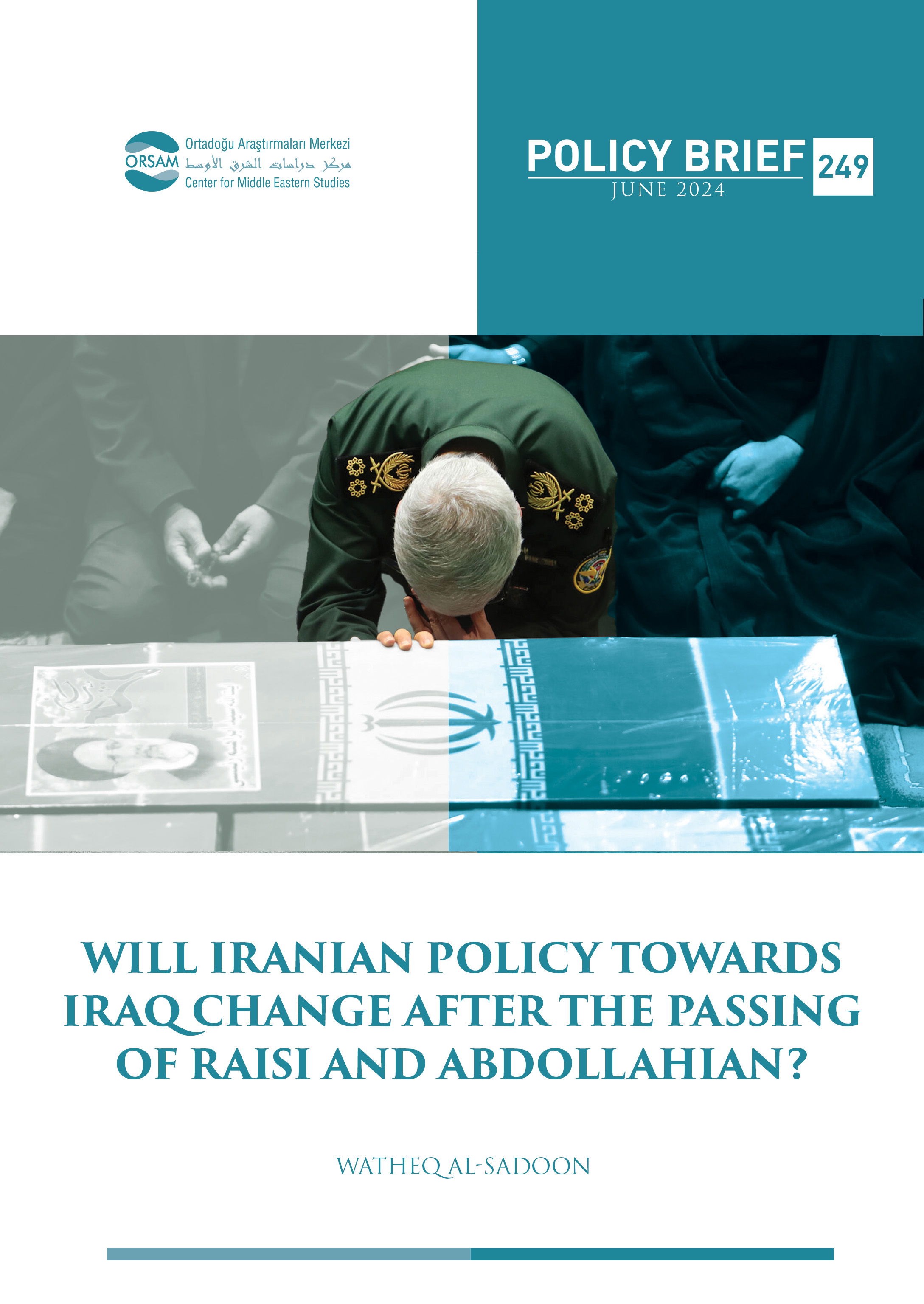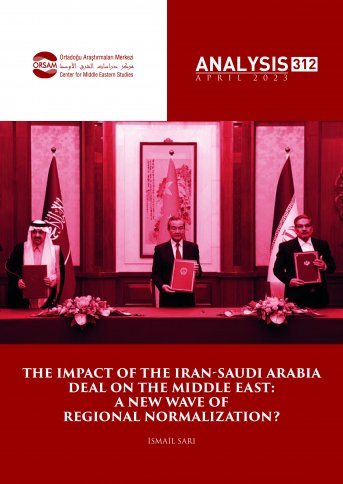
The Impact of the Iran-Saudi Arabia Deal on the Middle East: A New Wave of Regional Normalization?
On March 10, 2023, Iran and Saudi Arabia signed an agreement in Beijing, which followed two years of negotiations in Baghdad, on the initiative of Chinese President Xi Jinping. The two countries agreed to reopen their embassies, following seven years of tension, and to reinstate cooperation and security agreements signed in 1998 and 2001. Recall that tensions between Iran and Saudi Arabia escalated after the execution of 47 people in Saudi Arabia in 2016, including Shia cleric and activist Nimr al-Nimr. Diplomatic relations, already strained by the crisis in Yemen, were completely severed after these events. However, Iranian-Saudi normalization is a step that has the potential to reduce tensions and increase peace and stability in the region. Saudi Finance Minister Mohammed al-Jadaan announced Saudi Arabia's readiness to invest in the Iranian economy. Iranian President Ebrahim Raisi has also agreed to visit Riyadh at an unspecified date to strengthen relations between the two countries. These positive messages suggest that relations between Iran and Saudi Arabia could have important implications for the Middle East. However, given the decades-long history, geopolitical motives, and cultural/religious background of the Tehran-Riyadh rivalry, improving relations between these two countries will take time and may still face certain challenges.
Normalization between Iran and Saudi Arabia has the potential to smooth one of the most important rivalries in the region, bring Iran closer to its Arab neighbors, and gradually stabilize its relations in the region. This study aims to project how the steps of normalization between the two countries could be reflected in areas of rivalry or conflict between the two countries, such as Yemen, Syria, Lebanon, Iraq, and Bahrain. Additionally, the contacts initiated by Iran with Bahrain and Saudi Arabia with Syria will be analyzed in light of the question of whether there is a new wave of normalization in the region. In the concluding section, the implications of the agreement for Israel, the United States, and China will be evaluated.

